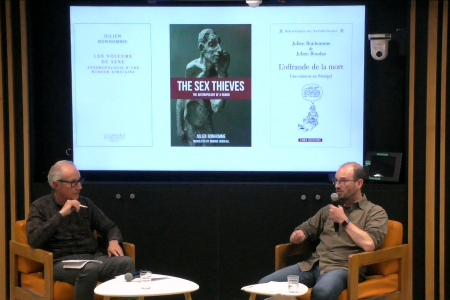 Conference
Conference
05/09/2023 - 08:30 PM 10:30 PM
Julien Bonhomme
We were pleased to welcome anthropologist Julien Bonhomme, author of the book The Sex Thieves: The Anthropology of a Rumor for a conference and debate on Tuesday, May 9th, 2023 at 18:30 (Paris time) at MSF (34 avenue Jean Jaurès, 75019 Paris).
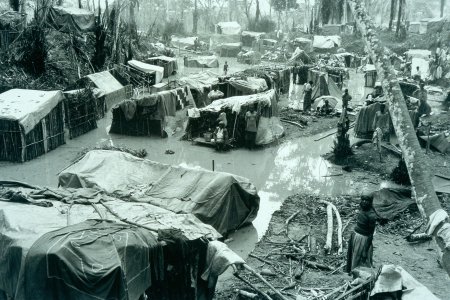 Frederic Sautereau
News in brief
Frederic Sautereau
News in brief
01/05/2023
Laurence Binet
MSF releases the podcast “MSF Speaking Out: The Hunting and Killing of Rwandan refugees in Zaire-Congo 1996-1997” describing the dilemmas, challenges and controversies faced by the MSF teams including: could MSF communicate publicly on the health condition of the refugees when its access to them had recently been denied? When it realised its teams were being used to lure and kill refugees, should the organisation cease its activities and condemn this manipulation?
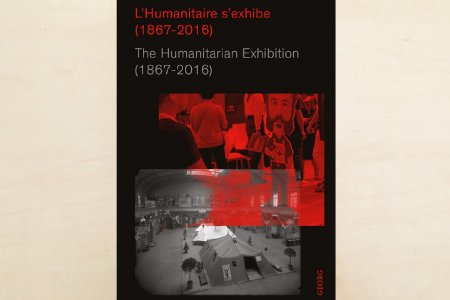 Analysis
Analysis
05/16/2022
Bertrand Taithe
The Swiss editor Georg just published in open access a collection of articles edited by Sébastien Farré, Jean-François Fayet and Bertrand Taithe. This book is devoted to the emergence of humanitarian exhibitions either within wider events or in their own right, as an attempt to focus attention and make sense of the aid humanitarians provided. The book argues that this exhibition process was central to the narration of the humanitarian project. It did not simply represent humanitarian work, it helped shape its essential identity and sense of purpose. Entail the development of new ways of thinking about needs and emergencies.
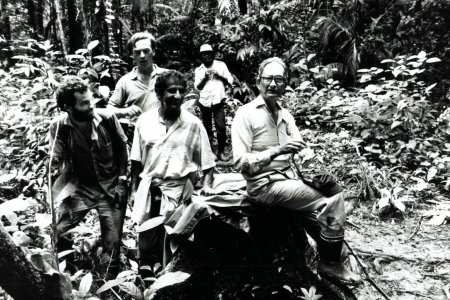 MSF
Analysis
MSF
Analysis
02/15/2017
Michaël Neuman
This article has been inspired by an analysis conducted by MSF-Crash of humanitarian security management and why and in what ways it is evolving. We endeavour not only to describe humanitarian imagery, but to analyse its consequences - the risks it generates for aid workers operating in perilous situations.
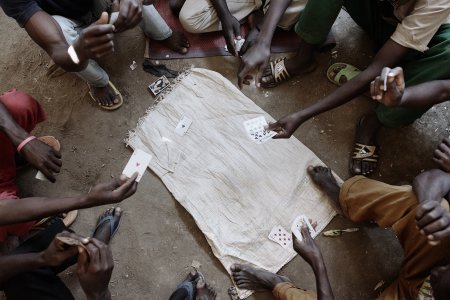 Luca Sola
Opinion
Luca Sola
Opinion
09/02/2016
Chris Lockyear
Pete Buth
At the core of humanitarian action is the notion of humanity between humans, which leads to an inherent and inevitable struggle with real moral dilemmas. It means showing solidarity to one person and having to explain to another why you can't make resources available to them.
 Conference
Conference




